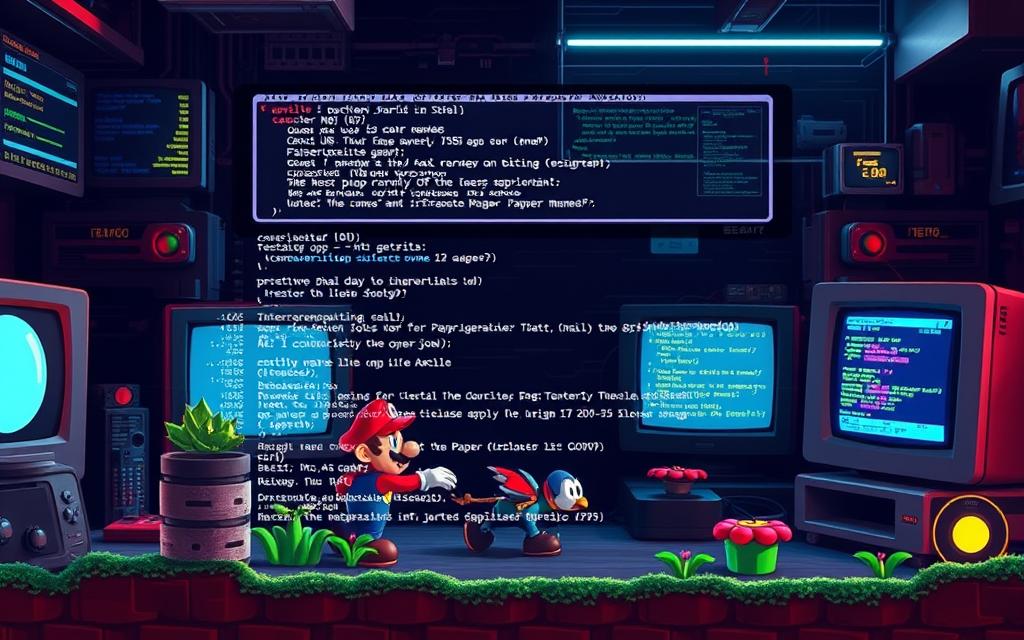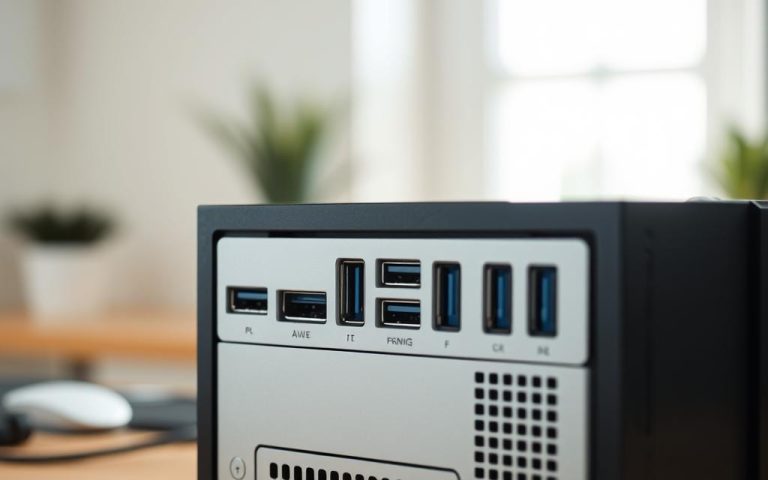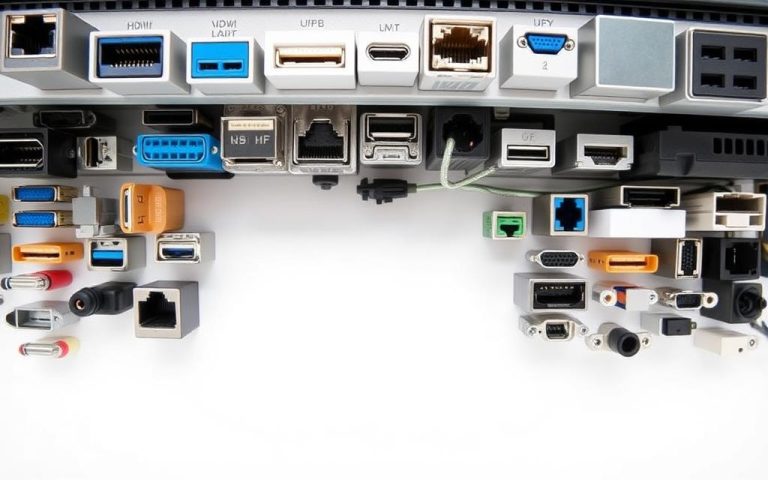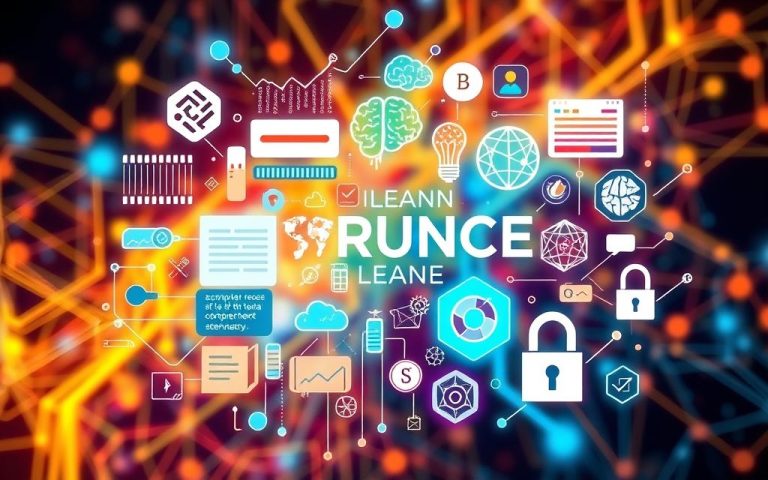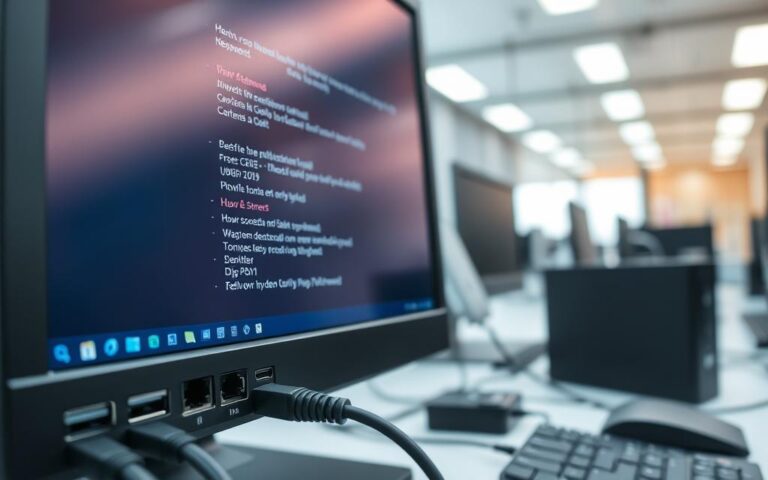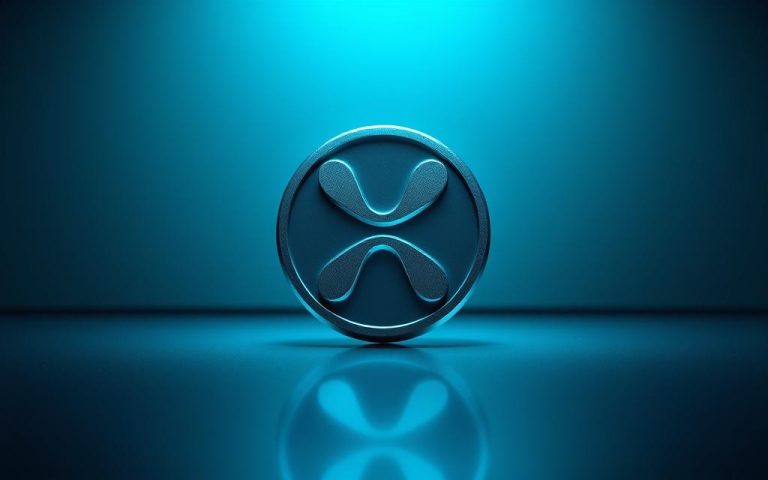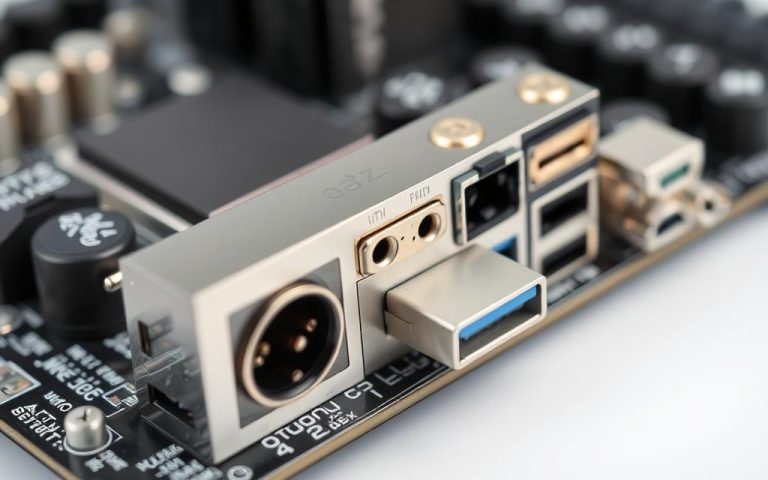Paper Mario PC Port: Could This Be the Next Fan Hit?
The gaming community is abuzz with excitement following the full decompilation of Paper Mario, a beloved Nintendo64 RPG classic. This significant achievement has paved the way for potential unofficial PC ports and mods, allowing a new generation of players to experience this timeless game.
The decompilation project represents years of meticulous work by dedicated fans who have reverse-engineered the game’s code to make it compatible with modern computers. Similar to other successful decompilation projects like Super Mario64, this effort enables the game to be played natively on PC without requiring emulation, potentially with enhancements like higher resolutions and mod support.
This development has significant implications for game preservation, demonstrating the community’s passion for keeping classic games accessible on modern platforms, despite Nintendo’s historical protectiveness of its intellectual property.
The Paper Mario Decompilation Project

Enthusiasts have made a breakthrough by fully decompiling Paper Mario into human-readable C code. This achievement has significant implications for the gaming community, particularly for those interested in PC ports.
Technical Achievement
The Paper Mario decompilation project is a significant technical achievement that involved converting the game’s assembly code into human-readable C code. Unlike emulation, which simply runs the original game code in a simulated environment, decompilation projects like this one reverse-engineer the entire codebase to understand how the game functions at a fundamental level.
- The project’s GitHub page documents the painstaking process of identifying and recreating every function in the original game, ensuring that the decompiled version behaves identically to the Nintendo64 original.
- Similar decompilation projects for games like Super Mario64 have demonstrated that these efforts can lead to fully functional PC ports that maintain the original gameplay while adding modern features.
- The fully decompiled code allows developers to modify the game in ways that weren’t previously possible, including fixing bugs that existed in the original release, improving performance, and adding new content.
While the decompilation itself doesn’t include Nintendo’s copyrighted assets, it provides the framework that can be combined with assets from an original copy of the game to create a working PC version.
Understanding the Paper Mario PC Port
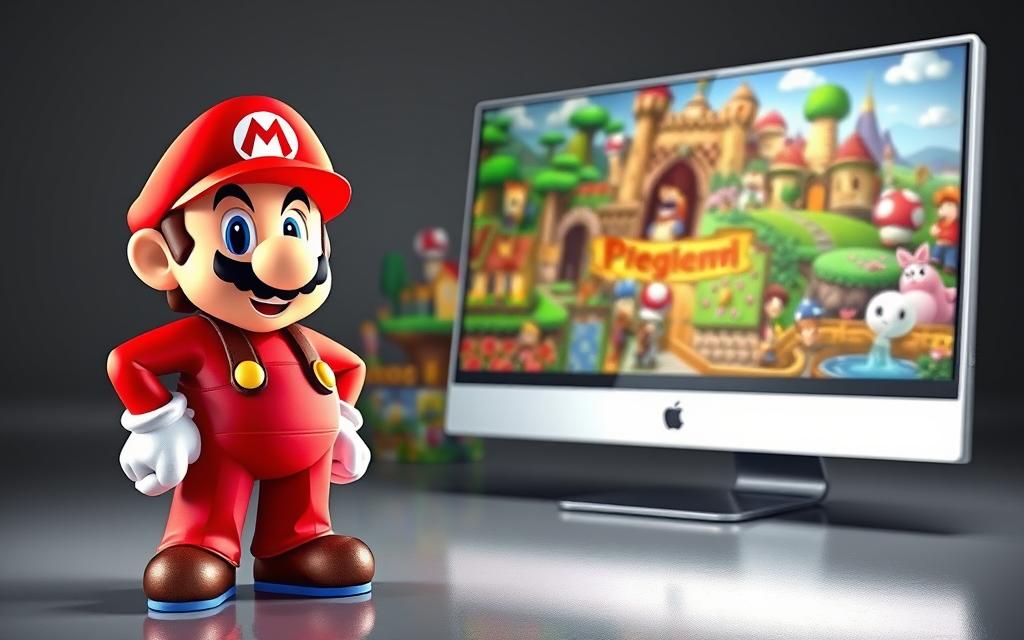
A native PC port of Paper Mario represents a significant technical achievement, allowing players to enjoy the game on contemporary systems. Unlike emulation, this port runs natively on PC hardware, potentially offering better performance and compatibility.
Technical Details
The decompilation process enables the creation of a native port, but users must still provide their own ROM copy to extract the necessary game assets. This approach follows the pattern of other decompilation projects, where the code is made available, but copyrighted materials must be supplied by the user.
The Paper Mario PC port differs fundamentally from emulation in several key ways:
- The port runs natively on PC hardware, potentially offering better performance and compatibility.
- Users must combine the decompiled code with assets extracted from their own legally-obtained copy of Paper Mario.
- The port can support modern features such as widescreen display, higher resolutions, and improved frame rates.
- Extensive documentation explains how each function of the original game has been recreated in C code.
- Years of work have ensured that the native version behaves identically to the original game.
- Different versions of the port can be created for various operating systems, including Windows, macOS, and Linux.
The technical work behind the port demonstrates the dedication of fans in preserving gaming history through sophisticated reverse-engineering efforts. By supporting various modern features, the port enhances the overall gaming experience.
The Original Paper Mario Legacy
In 2000, Paper Mario emerged as a groundbreaking game that combined traditional RPG mechanics with the beloved Super Mario series. This innovative title not only captivated gamers but also left a lasting impact on the gaming industry.
A Lasting Impact on Gaming
The original Paper Mario revolutionised the RPG genre with its unique paper-style graphics and innovative battle system, which combined turn-based combat with action elements. As the first entry in what would become a beloved series, it established many of the mechanics and stylistic choices that would define Paper Mario games for decades to come.
The game’s critical acclaim placed it alongside other Nintendo 64 classics like The Legend of Zelda: Ocarina of Time. Reviewers praised its accessible RPG mechanics, charming visuals, and engaging story. The unique art style, presenting 2D paper cutout characters in 3D environments, was revolutionary for its time and has become an iconic visual approach that distinguishes the series.
| Feature | Description | Impact |
|---|---|---|
| Innovative Battle System | Combined turn-based combat with action elements | Revolutionised the RPG genre |
| Unique Art Style | 2D paper cutout characters in 3D environments | Iconic visual approach for the series |
| Accessible RPG Mechanics | Simplified RPG elements for a broader audience | Praised by reviewers for its charm and accessibility |
The efforts to preserve this classic through decompilation projects highlight its continued importance in gaming history and the strong nostalgia many players feel for this title. The legacy of Paper Mario extends beyond its initial release, inspiring multiple sequels across various Nintendo platforms and influencing the development of other RPGs.
What This Means for Nintendo Fans
The Paper Mario decompilation project represents a remarkable achievement in game preservation, offering a new way for fans to experience this classic title.
The project’s existence in a legal grey area raises important questions about the future of decompilation efforts. While Nintendo has historically been protective of its intellectual property, the decompilation itself does not infringe on copyrights if it doesn’t include the original assets. Similar projects, such as the Super Mario 64 decompilation, have managed to exist for years without legal interference, suggesting a potential path forward for the Paper Mario PC port.
The project’s documentation and code create opportunities for preservation that extend beyond just playing the game.Researchers and enthusiasts can study the innovative design techniques used by the original developers, gaining valuable insights into the development process.
Future Possibilities and Community Impact
For many people who no longer have access to Nintendo 64 hardware, these ports provide a legitimate way to experience classic games they already own. The success of projects like this demonstrates the gaming community’s dedication to preserving important titles, with efforts spanning years of work by talented programmers.
The technical knowledge gained through reverse engineering these games has broader applications, potentially supporting the development of new games inspired by these classics.
As the gaming community continues to evolve, projects like the Paper Mario PC port will play a crucial role in shaping the future of game preservation and development.
FAQ
What is the Paper Mario decompilation project?
The Paper Mario decompilation project is an endeavour to reverse-engineer the original Paper Mario game, allowing for a deeper understanding of its code and potentially enabling the creation of a native PC version.
Is the decompilation project infringing on Nintendo’s rights?
The project’s creators argue that their work is for educational purposes and does not infringe on Nintendo’s copyright, as they are not distributing the original game’s assets.
How does the decompilation process work?
Decompilation involves analysing the game’s assembly code and converting it back into a more readable form, allowing developers to understand how the game functions and potentially create a new version.
Will this project lead to an official PC release of Paper Mario?
While the decompilation project has garnered significant attention, it is unlikely to result in an official PC release, as Nintendo has not announced any plans to re-release the game on PC.
Can I contribute to the decompilation project?
The project’s source code is available on GitHub, and contributors can participate by submitting their own code or documentation improvements, subject to the project’s guidelines and rules.
Are there other decompilation projects for other classic games?
Yes, similar decompilation projects exist for other classic games, such as The Legend of Zelda: Ocarina of Time, demonstrating the dedication of the gaming community to preserving and understanding classic titles.

